With more than 3,260 kilometers of coastline and over 3,000 islands stretching from north to south, Vietnam possesses a true magnet for marine tourism. Yet the country’s seas are falling into the spiral of pollution and facing a “tidal wave” of plastic waste. The “Zero Plastic” movement in tourism is no longer just a slogan but a vital mission to preserve the blue of the ocean.
MLifeOn invites you to explore Vietnam’s beautiful beaches through a meaningful journey: the journey to keep the ocean blue.
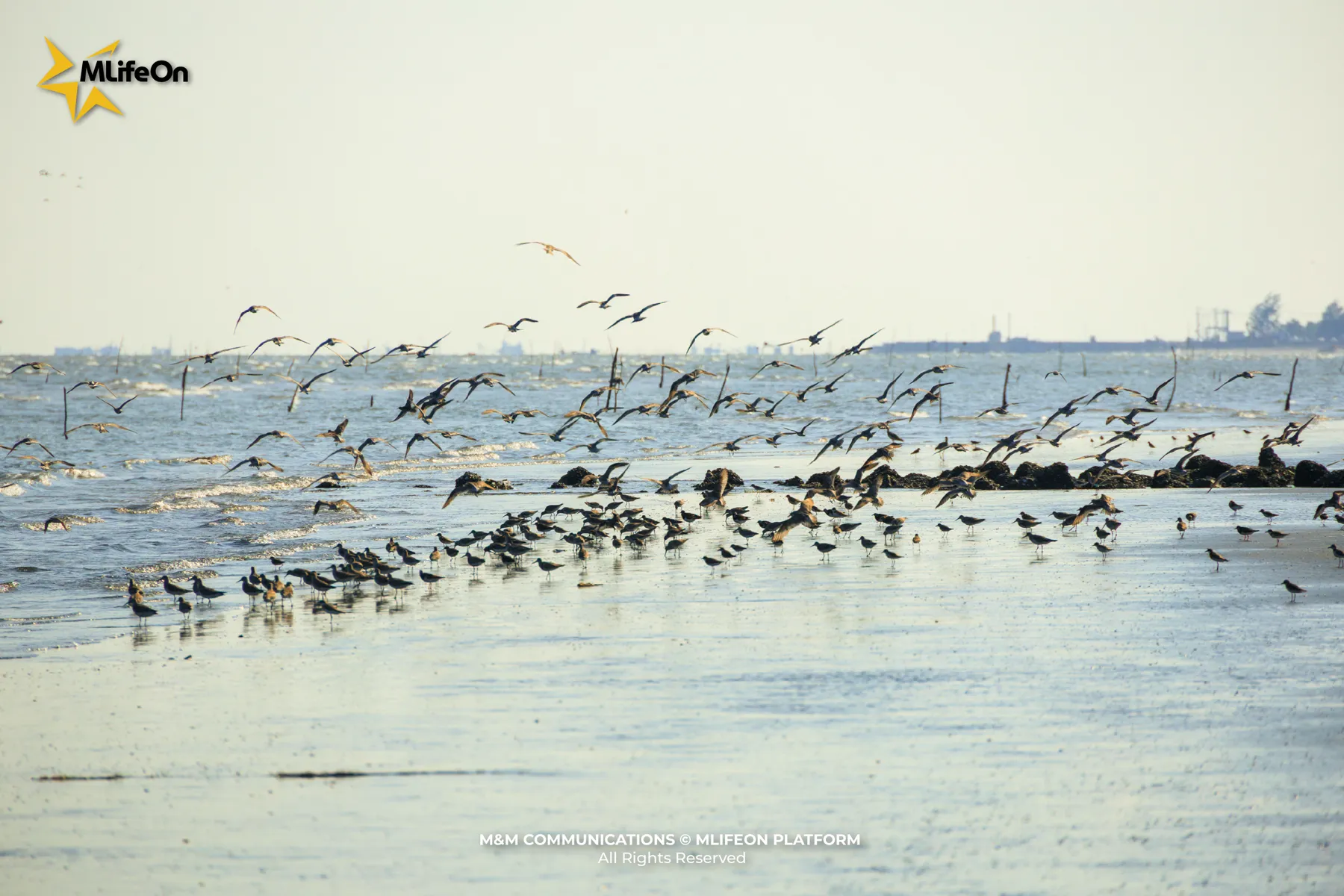
The sea - a paradise of tourism and the numbers that speak
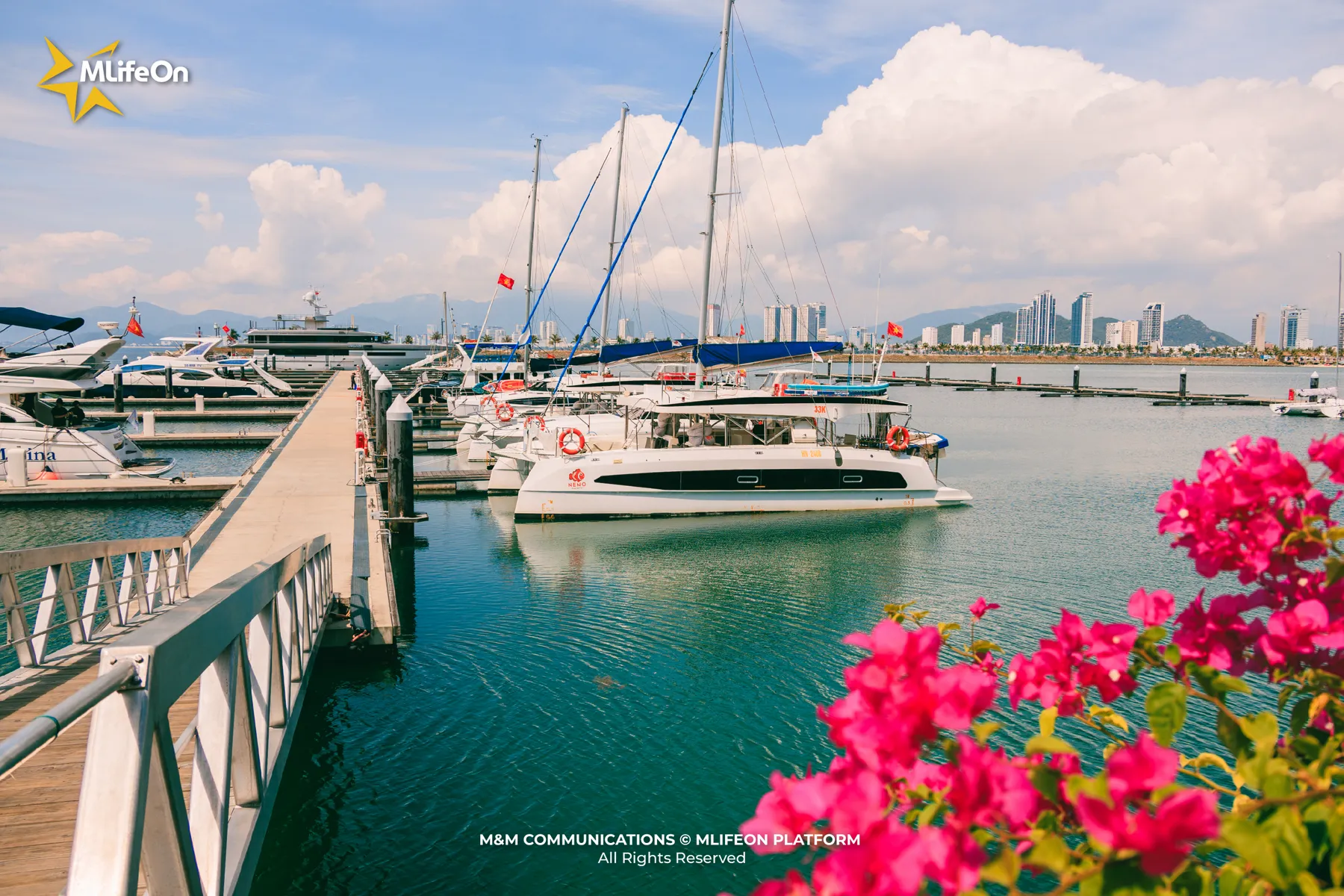
Vietnam’s tourism is on a path toward sustainable growth, with steady increases each year. According to statistics from the first nine months of 2025, the number of international visitors to Vietnam rose by 21.5%, with marine tourism contributing over 70% of total revenue.
Coastal destinations such as Da Nang, Nha Trang, and Phu Quoc are frequently nominated for the World Travel Awards (WTA) as Asia’s Leading Beach Destinations.
Many Vietnamese beaches have also been listed among the world’s most beautiful by reputable travel magazines.
With its stunning landscapes, diverse ecosystems, and natural advantages, Vietnam is becoming a true paradise for sea lovers.
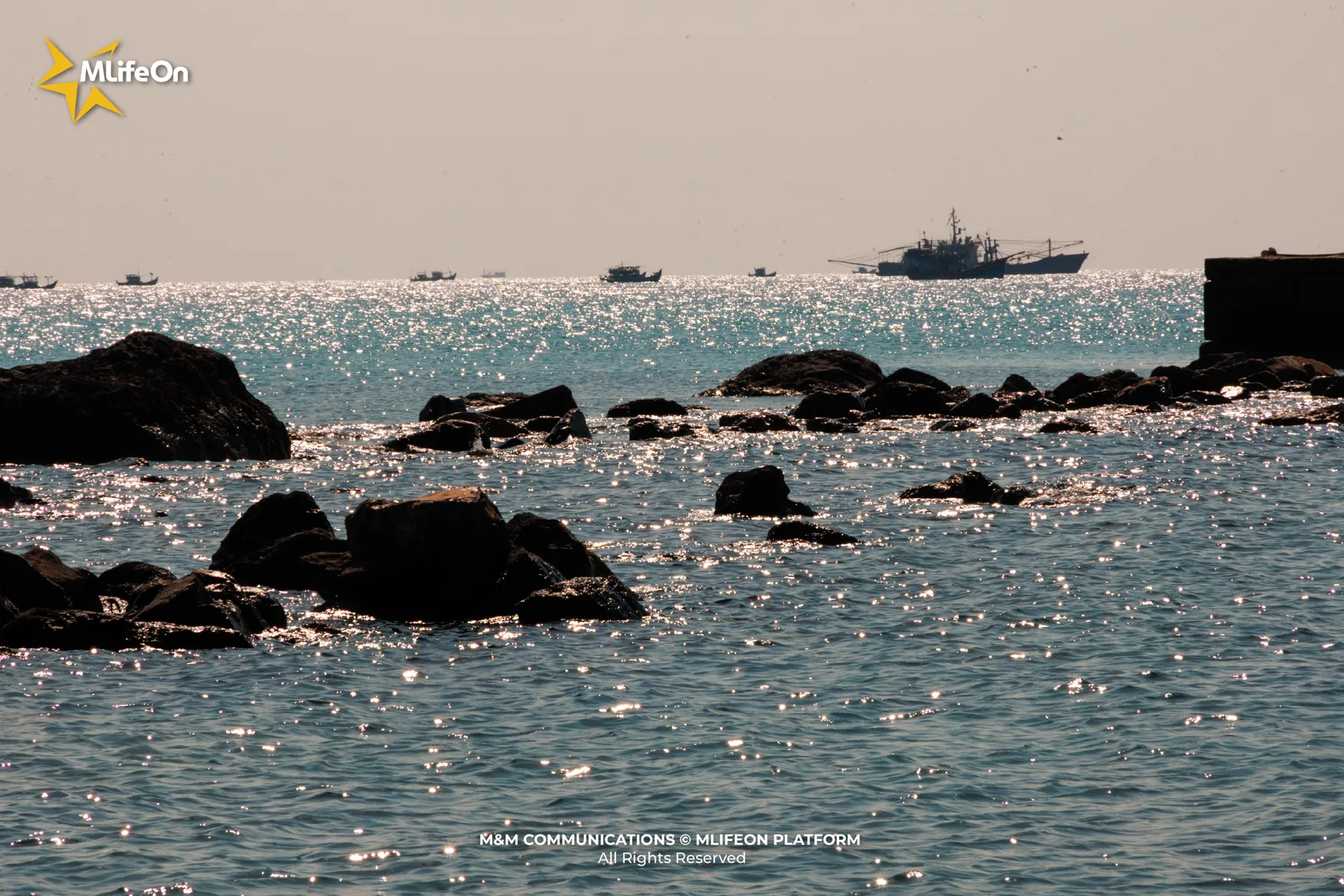
But…
Vietnam is among the top 10 countries discharging the most plastic waste into the ocean, with an estimated 0.28–0.73 million tons of plastic entering the sea each year.
25 out of 34 coastal beaches are struggling with severe pollution.
Each tourist produces around 1.2 kg of waste per day, with nearly 60% being single-use plastic.
These figures serve as an urgent warning that rapid tourism and economic growth are unintentionally pushing the ocean toward a wave of waste, threatening both the environment and marine life.
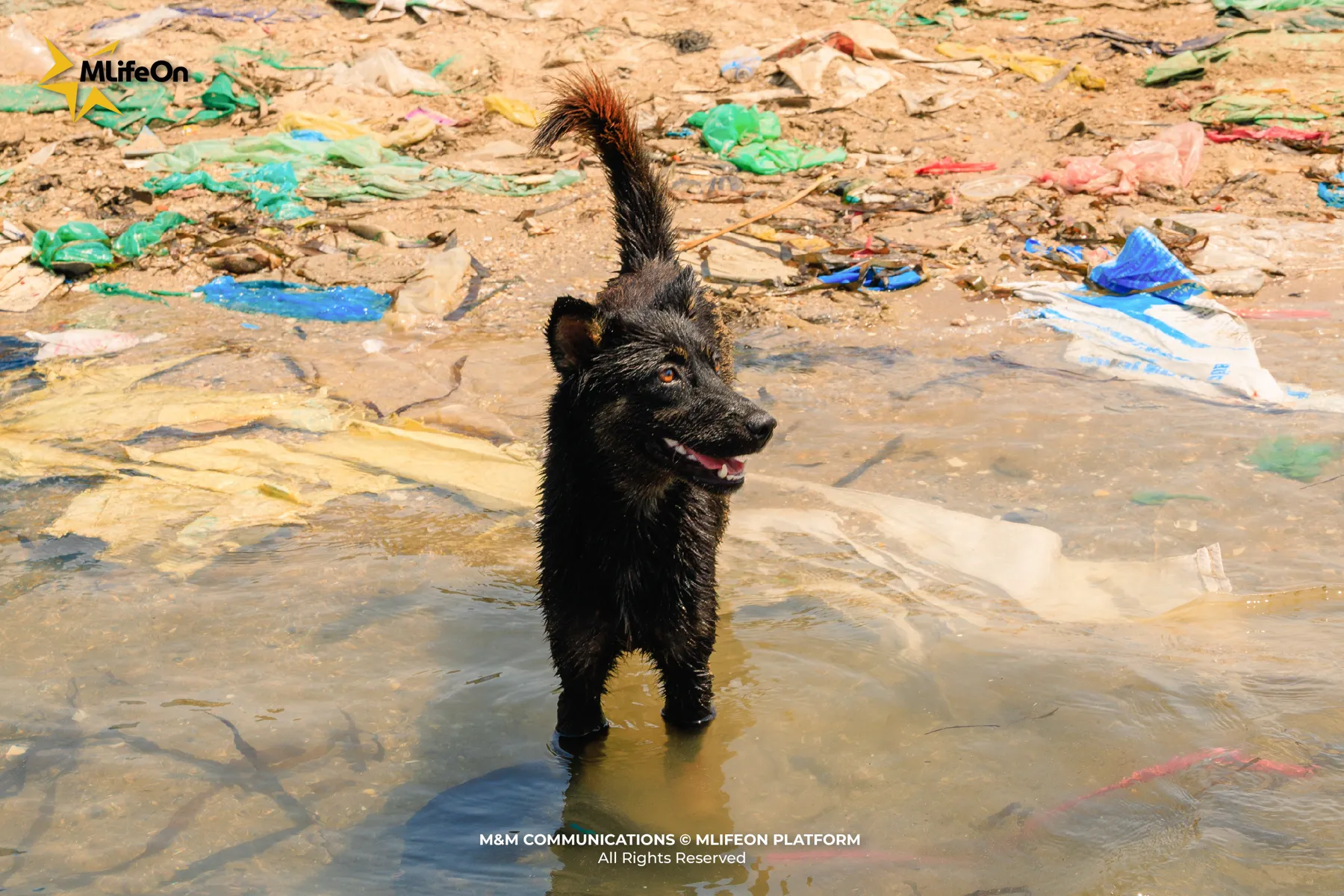
“Zero Plastic” - The Movement to Keep the Ocean Blue
The “Zero Plastic” (Zero Plastic Waste War) concept serves as both a declaration and a strategic vision, emphasizing the goal of completely eliminating or minimizing plastic waste to the lowest possible level. It originated from the Zero Waste movement in the 1990s. In 2010, non-governmental organizations (NGOs) began launching campaigns focused on reducing single-use plastics, laying the foundation for what would later become known as “Zero Plastic.”
By 2018, as the global plastic waste crisis intensified, the term “Zero Plastic” became widely used, representing the firm commitment of many countries to take decisive action against plastic pollution.
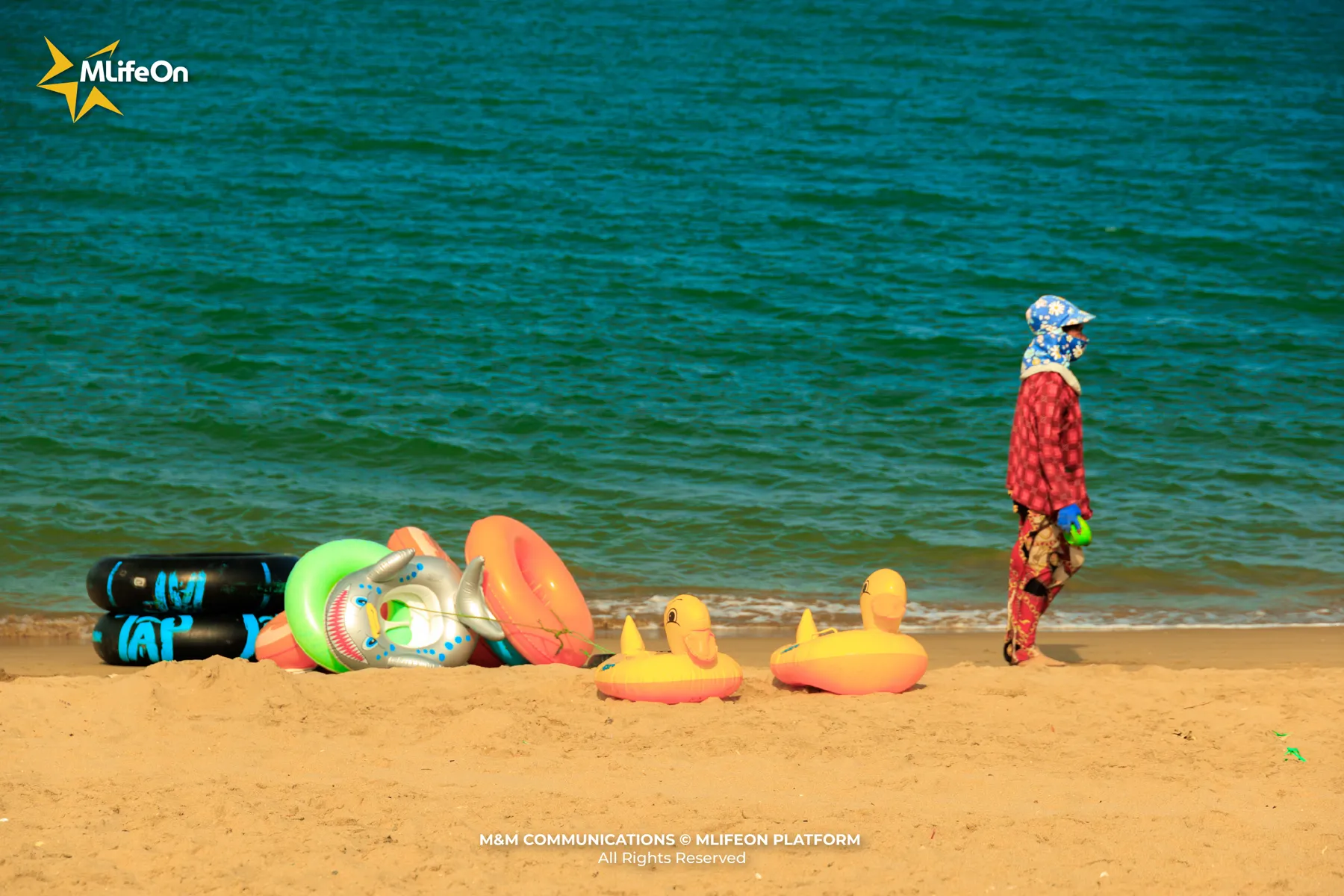
In Vietnam, the “Zero Plastic” movement was launched and embraced in 2019 when the Prime Minister initiated the “Anti-Plastic Waste” campaign. Since then, programs such as “Zero Plastic” and “Say No to Single-Use Plastic” have been officially implemented and strongly developed across various localities and sectors, especially in tourism.
“Net Zero Tour” - the new DNA of enterprises
Beyond policies, the “Zero Plastic” movement has become part of daily life, shaping the operations of local communities, businesses, and especially the actions of young people. Many creative and effective models have been carried out nationwide, all sharing the same purpose “to save the blue of the sea”.
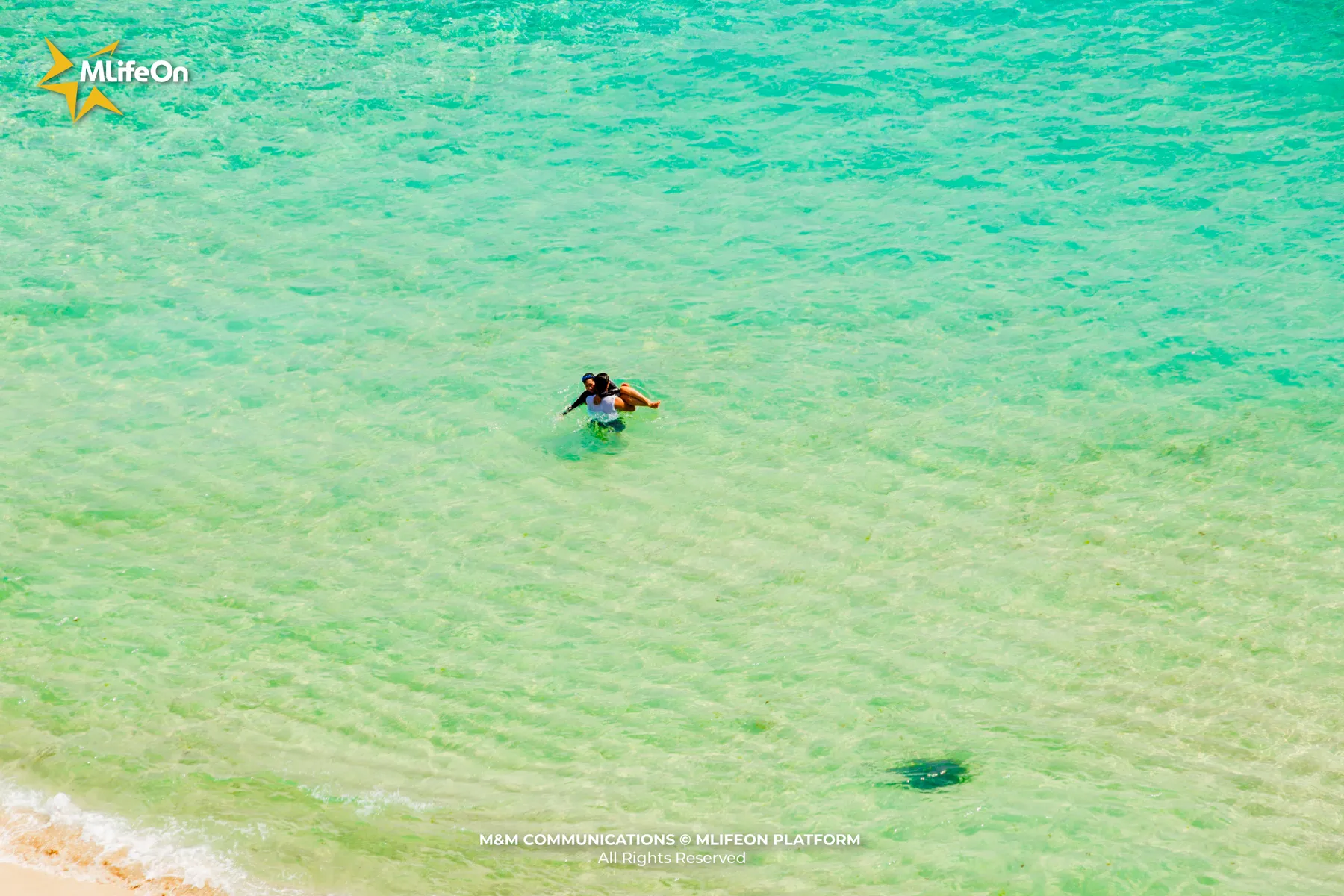
In April 2024, the Vietnam Zero Waste Tourism Network (VZWTN) was officially launched in Da Nang. The network brought together hundreds of businesses committed to creating roadmaps for reducing plastic waste, marking an encouraging milestone for Vietnam’s “Zero Plastic” tourism movement.
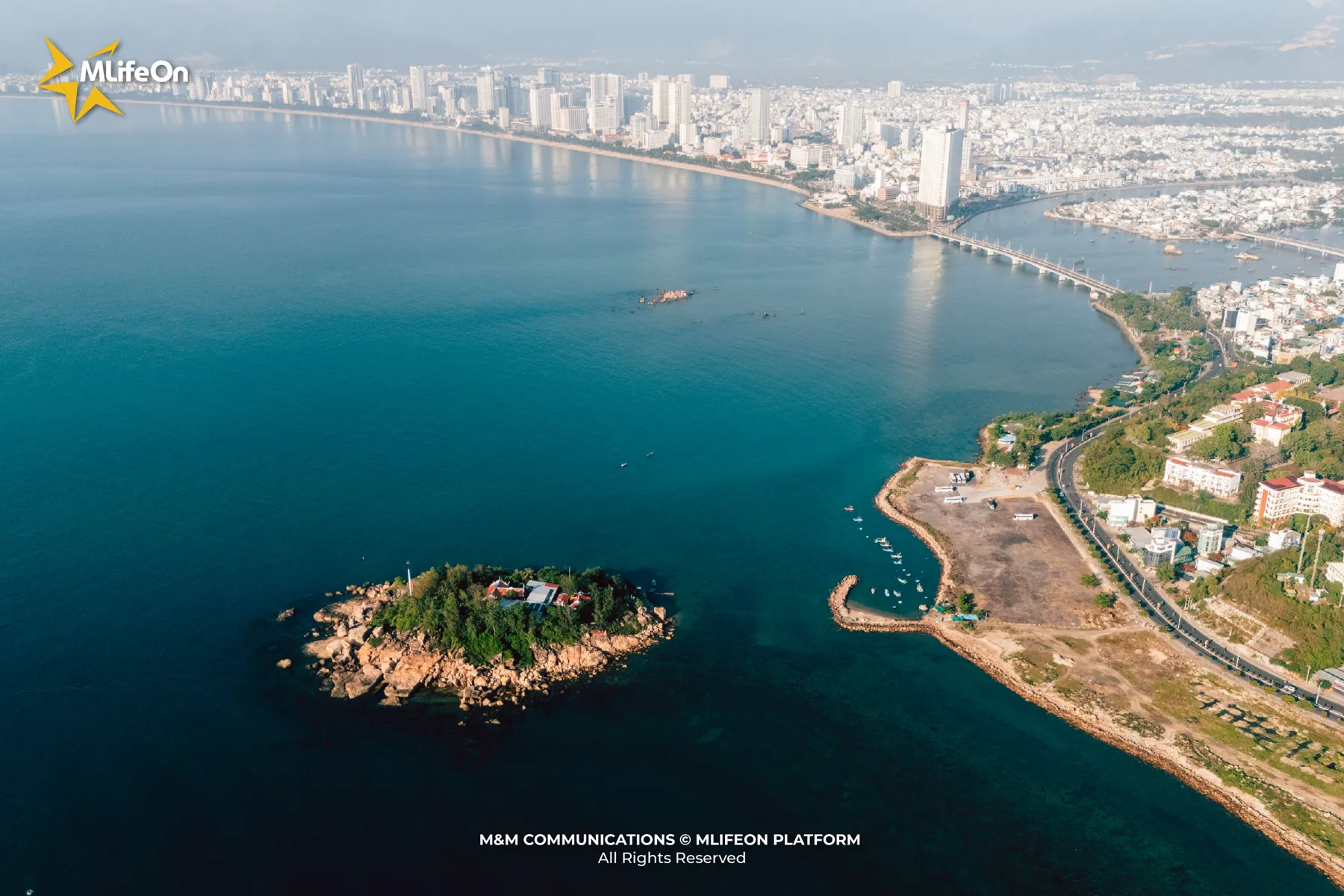
“Net Zero Tour” is a new concept in the tourism industry, referring to sustainable trips, tours, or travel services that not only minimize plastic waste but also calculate and offset carbon emissions through initiatives such as reforestation or clean energy support, aiming to achieve net zero emissions.
This model transforms travelers from consumers into companions in preserving and protecting the environment, particularly the marine environment.
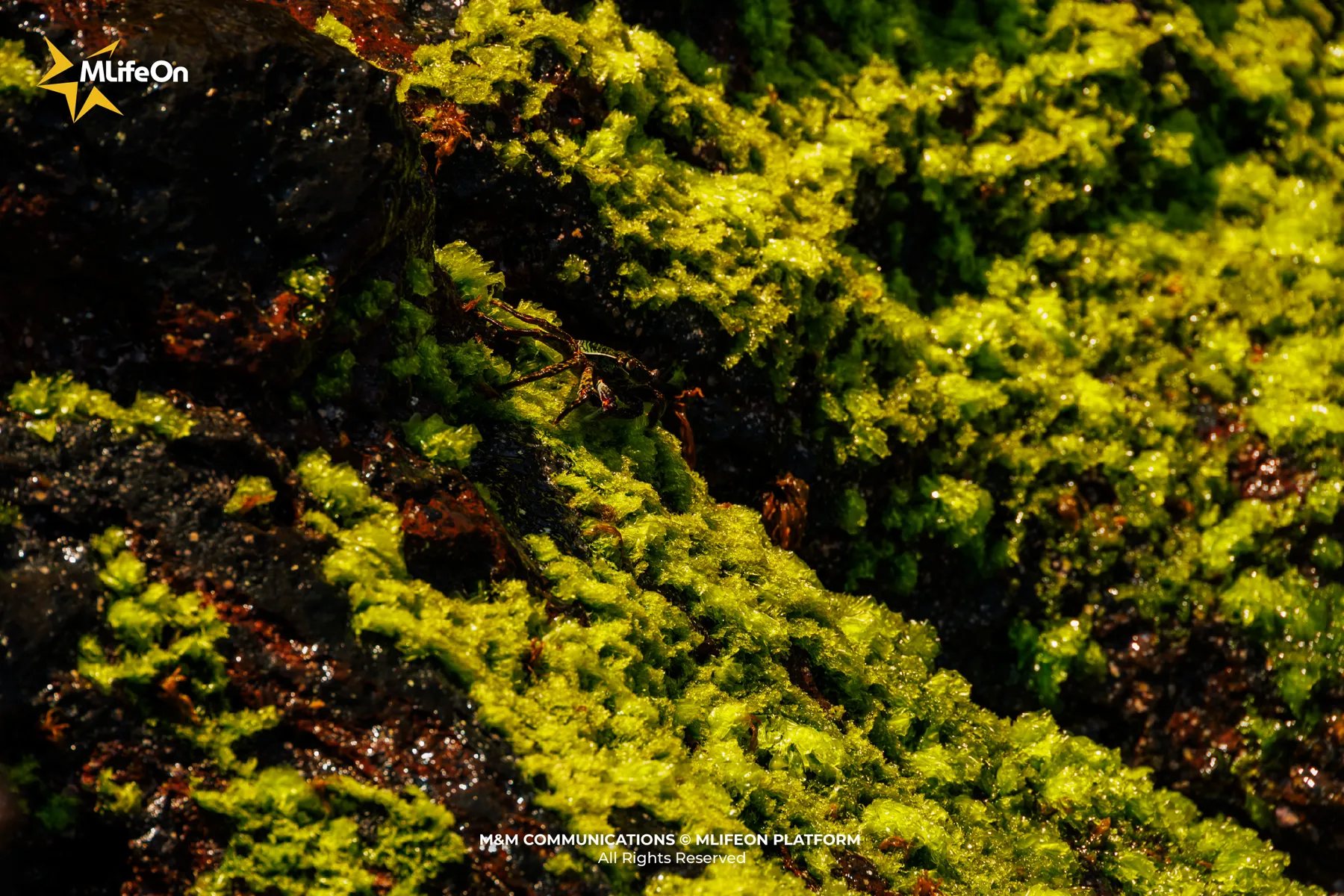
Gen Z and the idea of responsible travel as a way of life
That is why many experts believe that young people are the strongest driving force behind the “Zero Plastic” movement.
The younger generations, especially Gen Z and Millennials, are playing a key role in shaping tourism trends, particularly in promoting Responsible and Sustainable Travel. In fact, responsible travel has become part of their lifestyle.
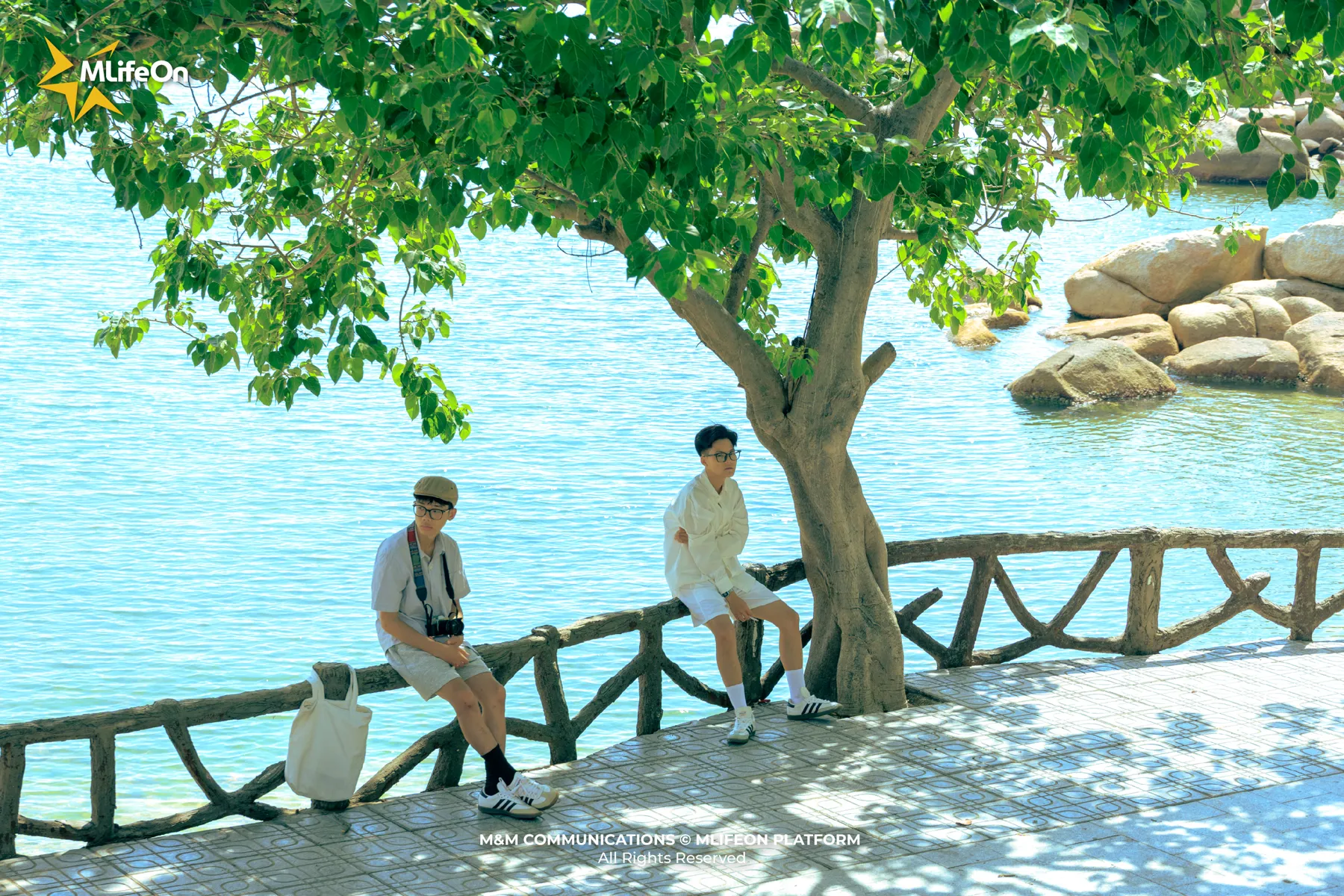
On many beaches across Vietnam today, “Beach Cleanup” campaigns organized by young volunteer groups are becoming increasingly frequent, attracting the participation of both tourists and local residents. A beach cleanup is not only about cleaning the shore but also carries a strong message of community education. It helps spread a more mindful way of living by the clean and beautiful sea. For more than ten years, The Body Shop Vietnam has consistently organized this meaningful program, creating a long-standing journey to protect the ocean.
In 2025, the destination of this journey is Phuoc Tinh Beach in Long Hai Commune, Ba Ria - Vung Tau Province. MLifeOn is honored to accompany The Body Shop Vietnam in spreading the green message through the Beach Cleanup 2025 journey.
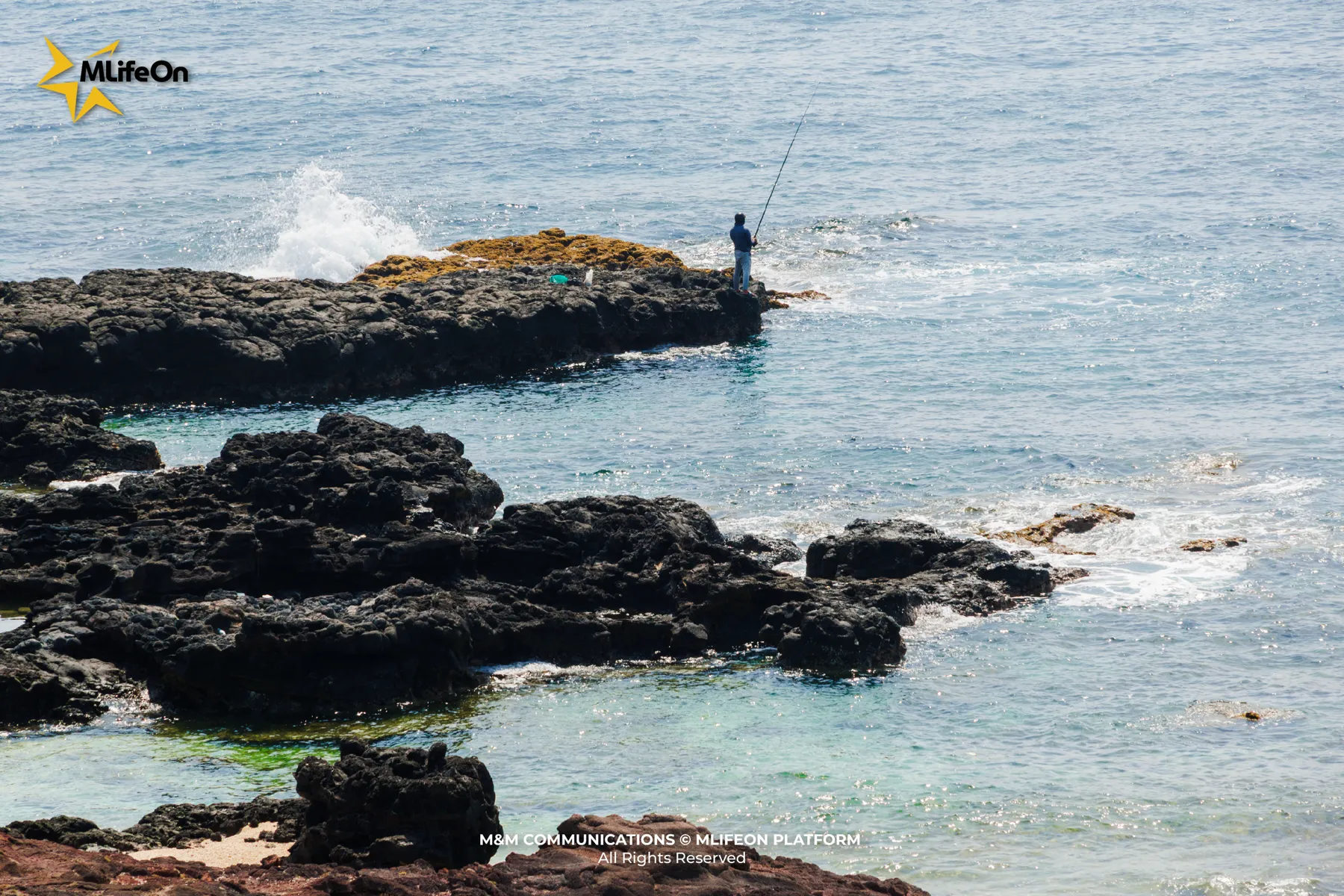
It is the young generation who invented and spread the “Checklist Zero Plastic”, with small but meaningful actions when traveling such as bringing personal water bottles and food containers, refusing plastic straws, and boycotting irresponsible tourism facilities. This transparency and determination are creating positive pressure, urging travel businesses to change, just as tourism experts have observed: when environmental responsibility becomes a competitive advantage, the “Zero Plastic Movement” will prevail.
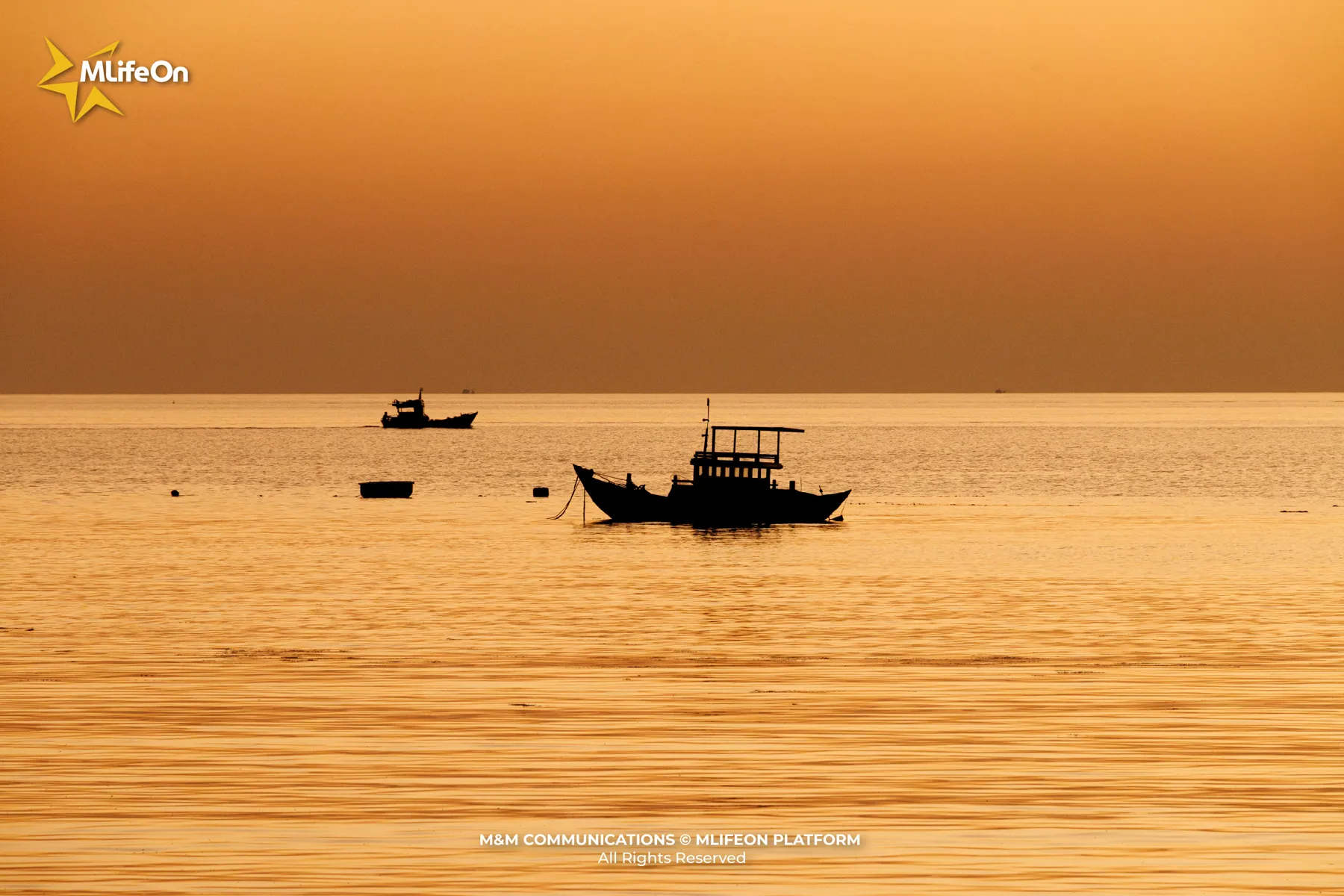
Conclusion
The East Sea, with its stretches of white sand and magnificent coral reefs, is not only a natural resource but also the soul of the nation.
The “Zero Plastic Movement” is not just a campaign but a promise of a greener future that we commit to for the next generations. The national goal of reducing 75% of ocean plastic waste by 2030 serves as a compass, yet the true strength lies in the collective efforts of the government, businesses, the young generation, and every traveler toward responsible and sustainable tourism.
To protect the ocean is to protect our livelihoods, our culture, and the beauty of Vietnam itself. Let the legacy we leave behind not be plastic, but the everlasting purity of the sea.
—--------
CREDIT:
- Photography: Kien Trang
- Content: Hà Linh
- Design: Trung Huynh




















